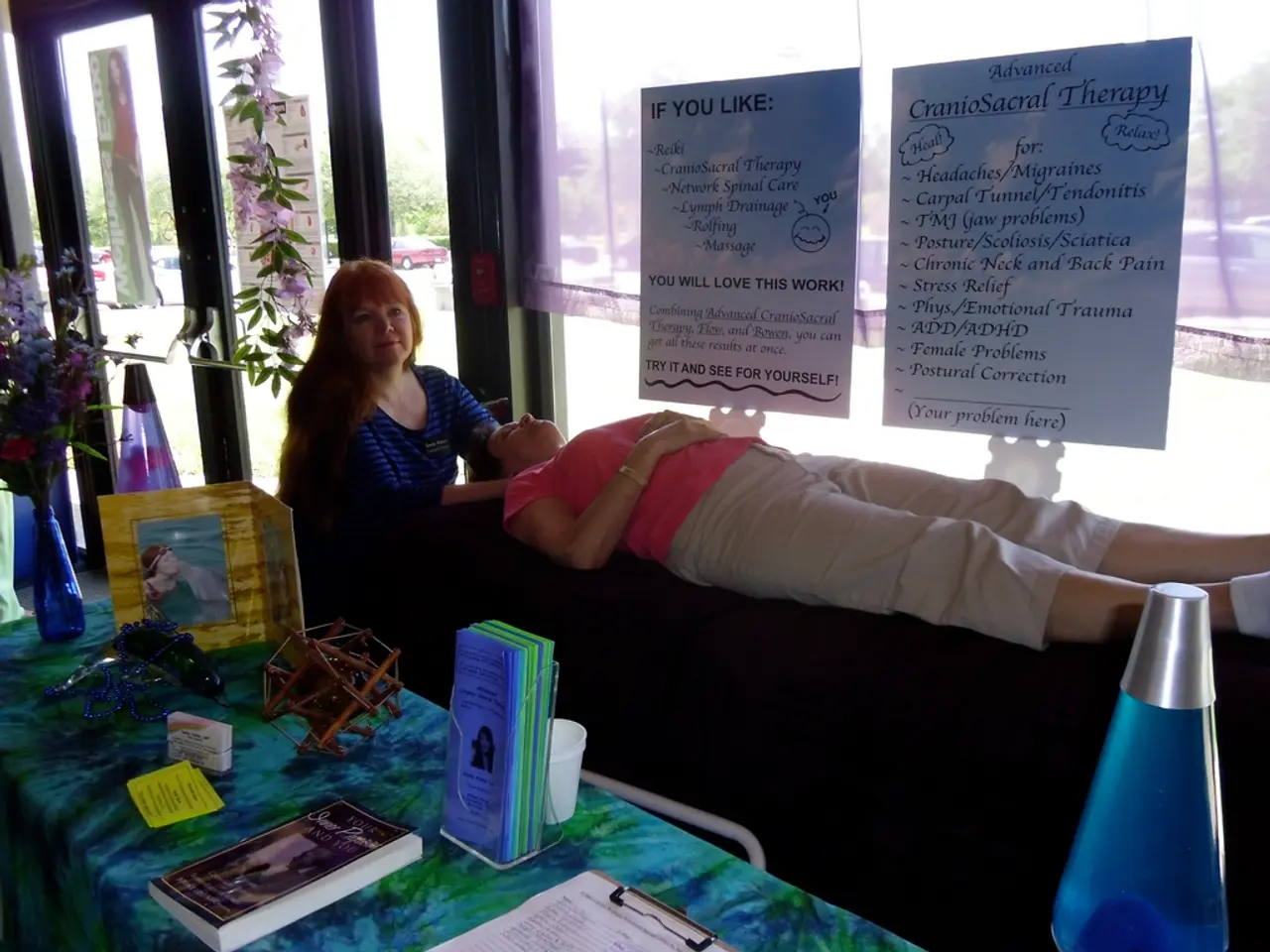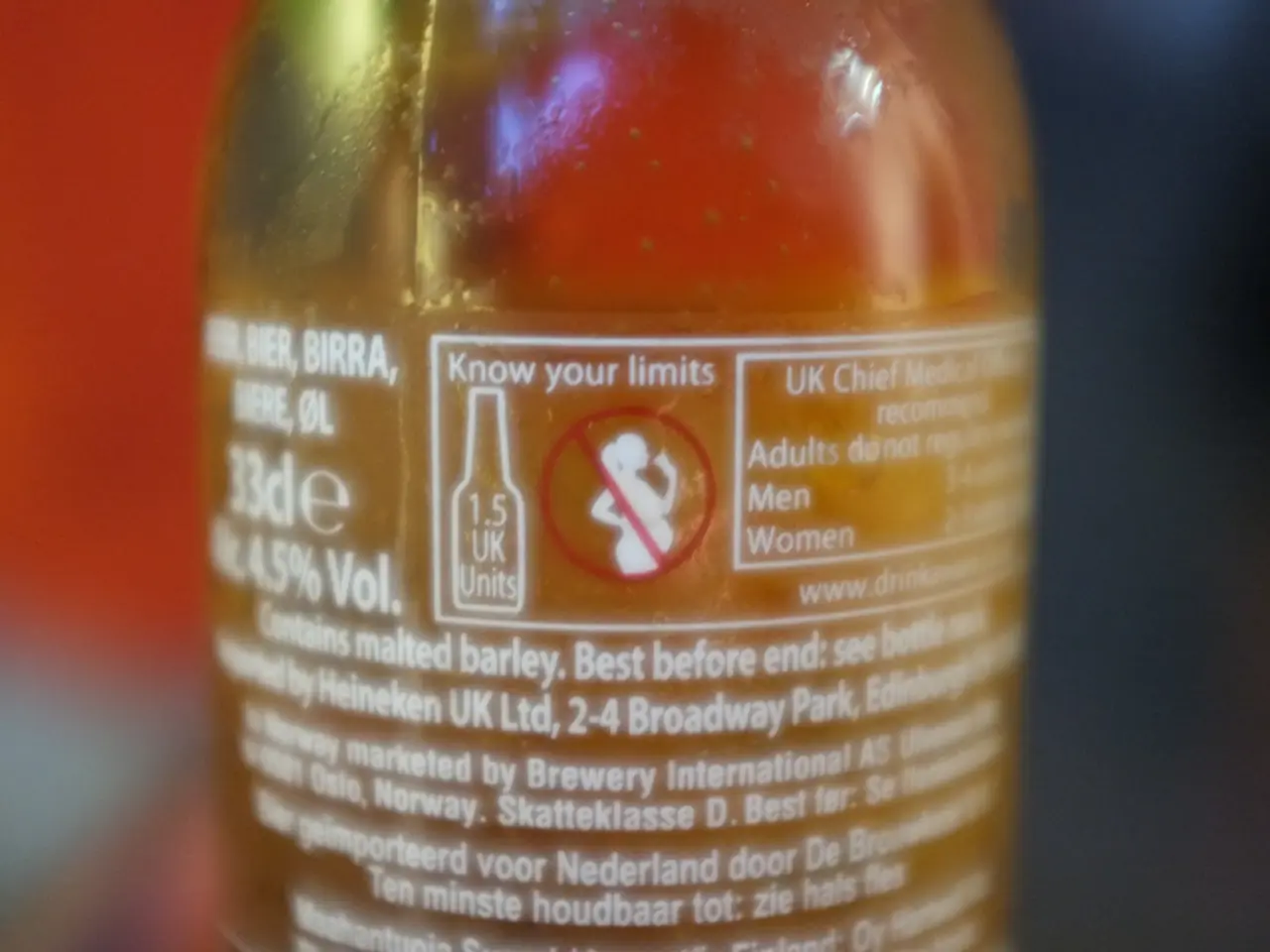Advocacy Resources for Victims: Top 5 Picks
Supporting Victims of Crime: A Comprehensive Guide
Victims of crime often face numerous challenges in the aftermath of their traumatic experiences. However, a wealth of resources is available to help them navigate this difficult time. This article will explore five categories of victim advocacy resources that can provide invaluable support.
Online Resources
The internet is a rich source of information and support for victims of crime. Websites like the Office for Victims of Crime Training and Technical Assistance Center (OVC TTAC) offer links to federal agencies, national organisations, publications, and training resources for effective advocacy [1].
National Crime Victim Organisations
Organisations operating nationally, such as the National Center for Victims of Crime, provide direct services, policy advocacy, and technical training, as well as a wide range of victim support [1]. Other notable organisations include the National Association of Crime Victim Compensation Boards and the National Association of VOCA Assistance Administrators [1].
State and Local Programs
County, state, or regional victim assistance programs offer direct services such as legal assistance, emotional support, safety planning, case updates, and resource referrals. Local District Attorney offices often have Victim Services or Victim Witness Assistance Units providing comprehensive support to victims and their families [2].
Specialized Advocacy Organisations
Groups focusing on specific victim populations or types of victimisation offer tailored services. For example, the Office of Justice Programs funds award categories specifically for services to child and youth victims, elder abuse victims, and other crime victims, providing a range of direct assistance including emergency help, mental health treatment, and legal aid [3].
Legal Aid Services
Organisations and platforms providing legal information, guidance, and direct legal help for victims of crime are crucial. WomensLaw.org, for instance, offers plain-language legal information about protection orders, custody, divorce, and related issues affecting victims [4].
In addition to these resources, mobile applications provide safety planning tools, quick access to emergency contacts, and discrete ways to request help. Online support communities offer a platform for victims to connect with others who have experienced similar traumas. State and local victim services programs offer additional resources tailored to specific geographic locations and needs. Legal aid organisations provide free or low-cost legal representation to crime victims. Specialized organisations possess deeper expertise in their focus areas than general victim services programs.
Lastly, RAINN (Rape, Abuse & Incest National Network) is a sexual assault advocacy organisation operating national hotlines and maintaining extensive online resources. Pro bono programs coordinated through state and local bar associations connect victims with volunteer attorneys for specialized legal assistance. Victim advocacy resources can significantly impact the recovery process for individuals who have experienced victimisation, serving not only victims but also their families, friends, and communities affected by traumatic events.
[1] OVC TTAC’s resources page: https://www.ovcttac.gov/resources [2] Contact local District Attorney offices or victim assistance units: https://www.usa.gov/state-government/ [3] Review funding and program information from the Office of Justice Programs: https://www.ojp.gov/ [4] WomensLaw.org: https://www.womenslaw.org/
Civil litigation might be a critical aspect for victims seeking justice, especially when pursuing legal action against their perpetrators. For instance, the National Association of Crime Victim Compensation Boards could potentially offer guidance on this matter, as they provide policy advocacy and technical training.
In the realm of health-and-wellness and mental-health, therapies-and-treatments play a crucial role in the recovery process for victims of crime. RAINN, a sexual assault advocacy organization, maintains extensive online resources, and they operate national hotlines, providing mental health support and resources for victims.




